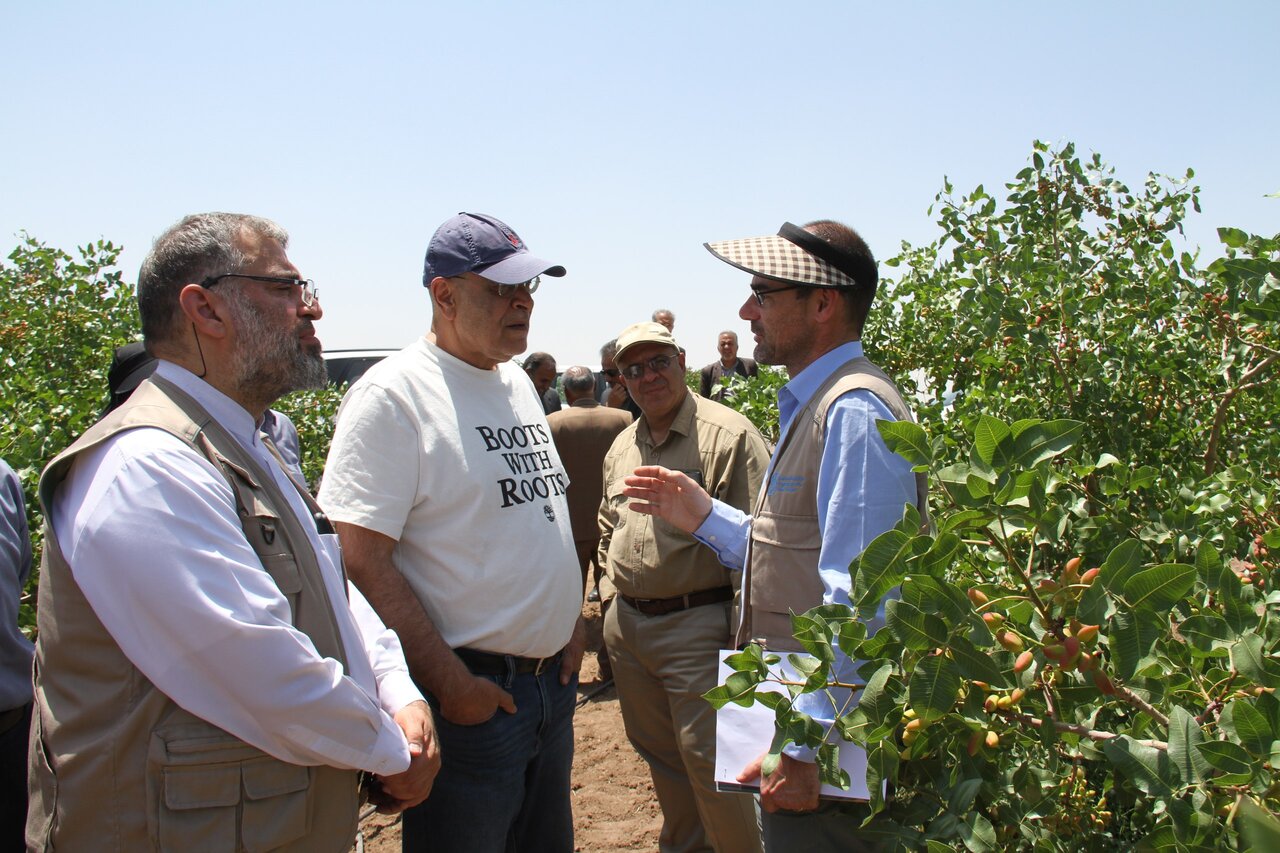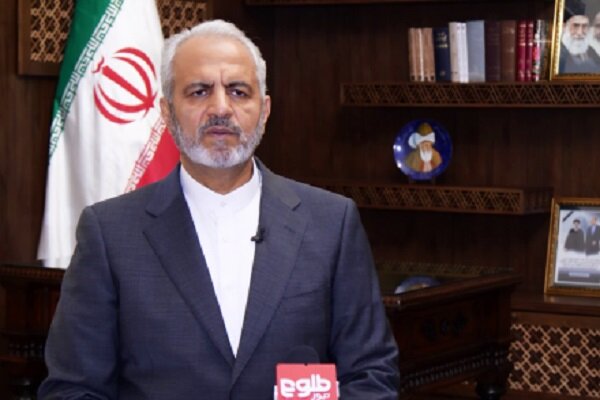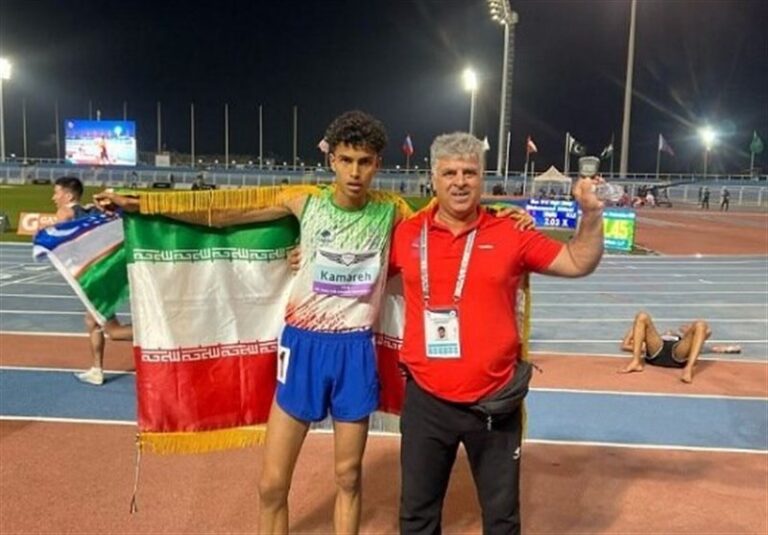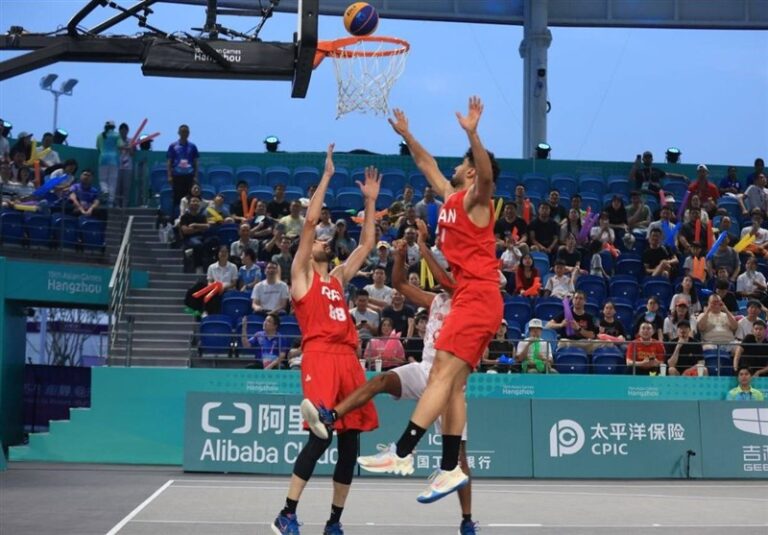FAO Expert Visits Iran to Enhance Pistachio Competitiveness and Global Market Reach
The recent efforts by the Food and Agriculture Organization (FAO) to enhance Iranian pistachio export standards have taken a significant step forward with a technical delegation visiting Kerman Province. This initiative aims to bolster the quality of pistachios, a key export product for Iran, by improving sampling and laboratory testing procedures to detect contaminants.
This three-day mission was part of a collaborative Technical Cooperation Project between the FAO and the Ministry of Agriculture Jahad, titled “Improving Pistachio Production and Export through Establishment of Integrated Product Management.” The delegation included Benoit Glaud, an FAO International Consultant for Laboratory Development and Improvement, who played a crucial role in the assessment.
The primary goal of this mission was to evaluate the methods used for sampling and analyzing mycotoxin (specifically aflatoxin) levels in pistachios, in accordance with EU Regulation 2023/2782, which outlines the maximum allowable levels of contaminants in food products.
During their visit, the FAO delegation made several important stops, including:
- Iranian Food and Drug Administration (IFDA) laboratories under the Ministry of Health
- Private-sector facilities, including various pistachio processing terminals
- Pilot orchards located in Kerman and Rafsanjan
- Iranian Pistachio Research Institute (IPRI)
Throughout these visits, the team meticulously observed and assessed the procedures for sampling, testing protocols, and quality management systems related to pistachios designated for both domestic consumption and international export.
In addition to their assessments, the FAO conducted two training workshops. One of these workshops, led by Benoit Glaud, targeted laboratory staff and traders, focusing on:
- Best international practices in sampling
- Aflatoxin detection
- Quality control of testing results
- Regulatory compliance
The second workshop was co-organized with the Pistachio Research Institute and catered to various stakeholders including pistachio growers, farmers, extension officers, and experts from Kerman, Rafsanjan, Nough Rafsanjan, and Sirjan. The focus was on Good Agricultural Practices (GAP), which included advanced irrigation techniques, soil and nutrition management, integrated pest management strategies, and improved horticultural practices.
The objective of these workshops was to enhance the practical skills and technical knowledge of participants, ultimately supporting the production of high-quality and safe pistachios.
Through field visits and consultations, the experts evaluated the current sampling and analysis methods employed by Iranian FDA laboratories. The Ministry of Agriculture Jahad played a vital role in identifying potential gaps and recommending continuous improvements to align with international standards and practices.
The delegation also concentrated on:
- Strengthening regulatory alignment
- Enhancing laboratory capabilities for mycotoxin detection
- Developing a technical action plan
Benoit Glaud expressed confidence in the capabilities of the IFDA laboratories, stating, “At all stages in the pistachio production, processing, packaging, and testing before export, I have met people with a very high level of expertise and understanding of the key points to ensure good pistachio quality for export. I express confidence that IFDA laboratories have the technical capacities and expertise to provide reliable results for aflatoxins and support the export sector.”
Glaud continued, emphasizing the importance of staying updated with evolving international food safety regulations, stating, “This FAO project is supporting the Islamic Republic of Iran in this aspect.”
By engaging both public and private stakeholders, the FAO aims to transfer the best global practices, build national capacity, and support sustainable improvements throughout the pistachio value chain.
Launched in 2023, the pistachio project focuses on:
- Promoting sustainable and integrated pistachio supply chain management
- Improving productivity
- Supporting compliance with food safety regulations
- Enhancing market access
By addressing critical quality and safety challenges, this project contributes to economic resilience, food and nutrition security, and enhances Iran’s competitiveness in global markets. As the FAO continues its partnership with Iranian authorities, the future of pistachio exports looks promising, paving the way for improved standards and practices that benefit both producers and consumers alike.






